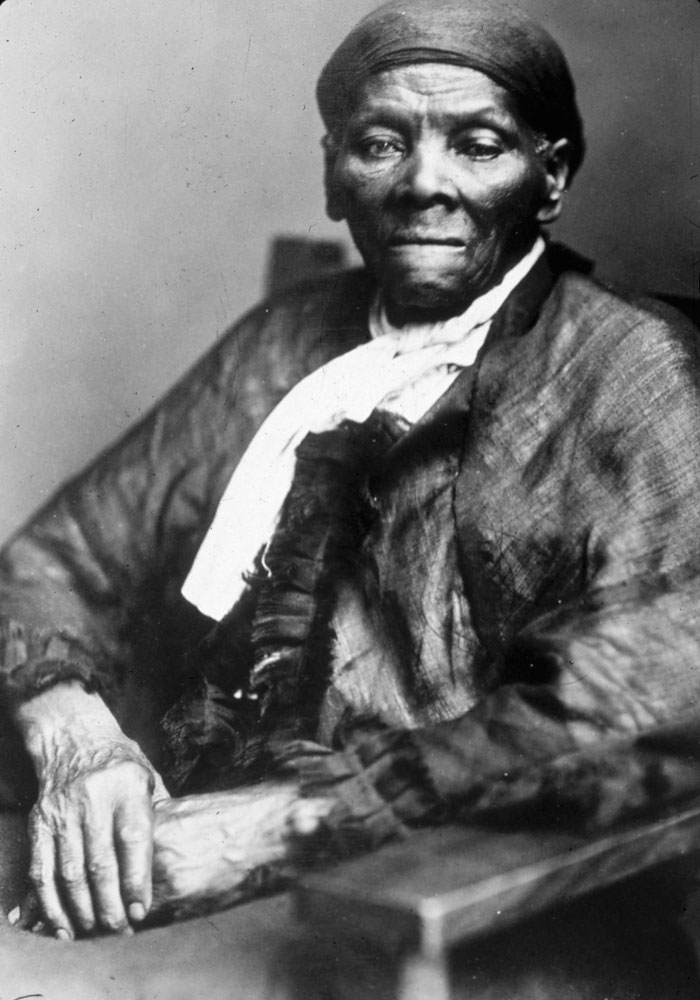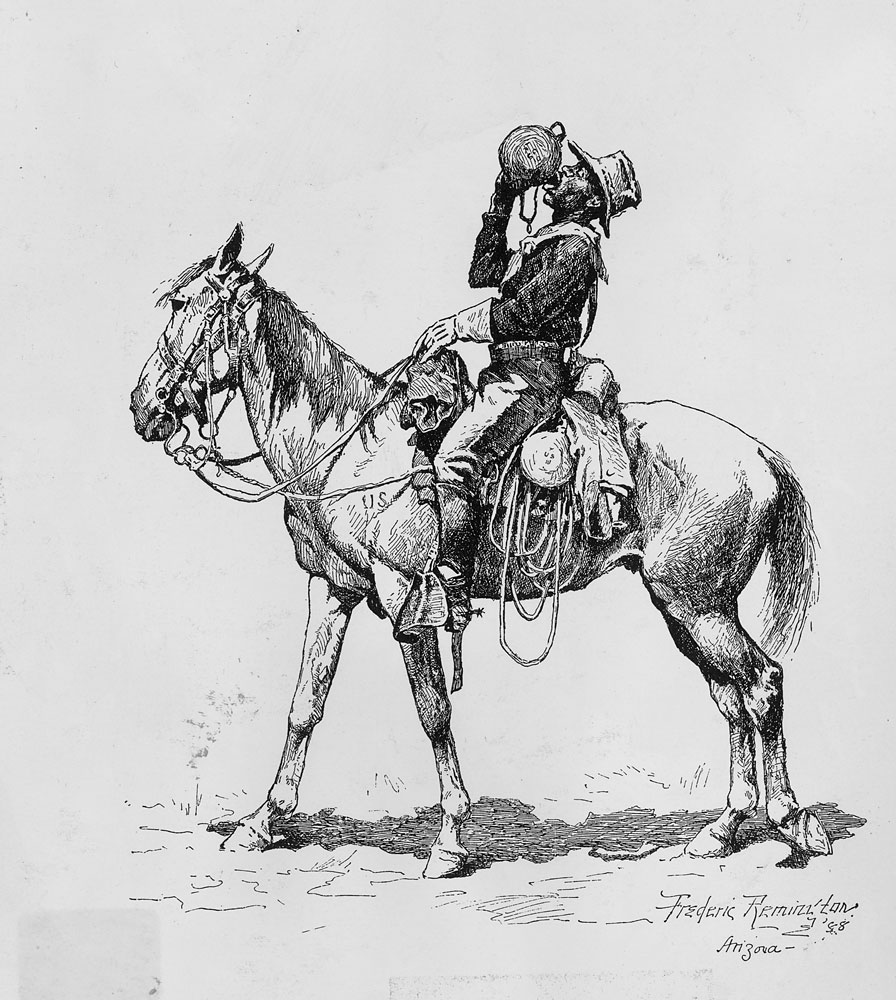In the end, an apparent legislative typo did not bring down Obamacare.
President Obama’s signature health care law survived a second challenge at the U.S. Supreme Court Thursday, with the Justices ruling by a margin of 6 to 3 that the intent of Congress was clear enough to override contradictory language in law itself.
The decision was a major win for Democrats and the President, who would have faced the difficult task of negotiating a fix to the law with Republicans had the court decided that a specific clause in the law invalidated tax subsidies for millions of Americans. That negotiation could have resulted in either a collapse of the health insurance reforms in a majority of states, or a significant paring back of their reach.
At issue was a clause in the law that stated that federal tax subsidies for health insurance purchases were only available in insurance marketplaces, known as exchanges, that had been set up by states. The court had been asked to decide whether the plain meaning of that clause invalidated subsidies for the 34 states, and about 6.4 million Americans, who received subsidies after buying healthcare through an insurance marketplace operated by the federal government. Democrats argued that the clause was little more than a typo made in the rush to enact the law.
The court ruled that the full context of the law made clear that Congress had not intended to bar subsidies for insurance purchased on the federal exchanges. “It is implausible that Congress meant the Act to operate” as challengers of the law had argued, Chief Justice John Roberts wrote in his decision.
“The tax credits are among the Act’s key reforms, involving billions of dollars in spending each year and affecting the price of health insurance for millions of people,” Roberts continued. “Whether those credits are available on Federal Exchanges is thus a questions of deep ‘economic and political significance’ that is central to this statutory scheme; had Congress wished to assign that question to an agency, it surely would done so expressly.”
In an aside, the Chief Justice chided Congress for sloppiness in writing the law. “The Affordable Care Act … contains more than a few examples of inartful drafting,” Roberts wrote.
The three most conservative Justices on the court, Antonin Scalia, Samuel Alito and Clarence Thomas, wrote a bristling dissent to Roberts, suggesting that the court majority could not read the plain language before them. “You would think the answer would be obvious—so obvious there would hardly be a need for the Supreme Court to hear a case about it,” Scalia wrote.
They argued that by deciding to give more weight to the context of the entire law than the plain language of a specific section, the Supreme Court was effectively rewriting the law. “Our only evidence of what Congress meant comes from the terms of the law, and those terms show beyond all question that tax credits are available only on state exchanges,” Scalia wrote, citing the specific passage. “More importantly, the Court forgets that ours is a government of laws and not of men. That means we are governed by the terms of our laws, not by the unenacted will of our lawmakers.”
Scalia also added a rhetorical flourish to his dissent typical of his more animated opinions. Using an acronym for the Supreme Court of the United States, he suggested taking the President’s name out of the common vernacular for his signature law. “We should start calling this law SCOTUScare,” Scalia wrote.
But such jibes were not enough to sway a strong majority of the court. “In a democracy, the power to make law rests with those chosen by the people,” Roberts concluded in his opinion. “Our role is more confined—’to say what the law is.’ That is easier in some cases than in others. But in every case we must respect the role of the Legislature, and take care not to undo what it has done. ”
Photos: Every National Monument President Obama Has Declared











More Must-Reads from TIME
- Caitlin Clark Is TIME's 2024 Athlete of the Year
- Where Trump 2.0 Will Differ From 1.0
- Is Intermittent Fasting Good or Bad for You?
- The 100 Must-Read Books of 2024
- Column: If Optimism Feels Ridiculous Now, Try Hope
- The Future of Climate Action Is Trade Policy
- FX’s Say Nothing Is the Must-Watch Political Thriller of 2024
- Merle Bombardieri Is Helping People Make the Baby Decision
Contact us at letters@time.com